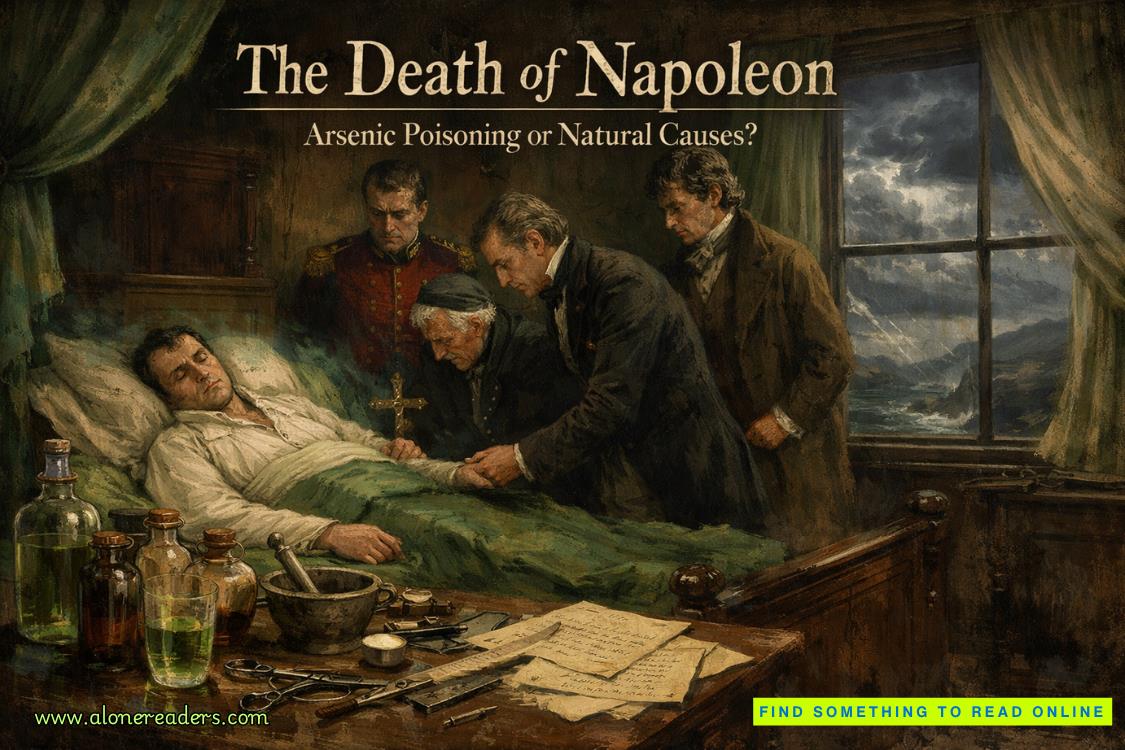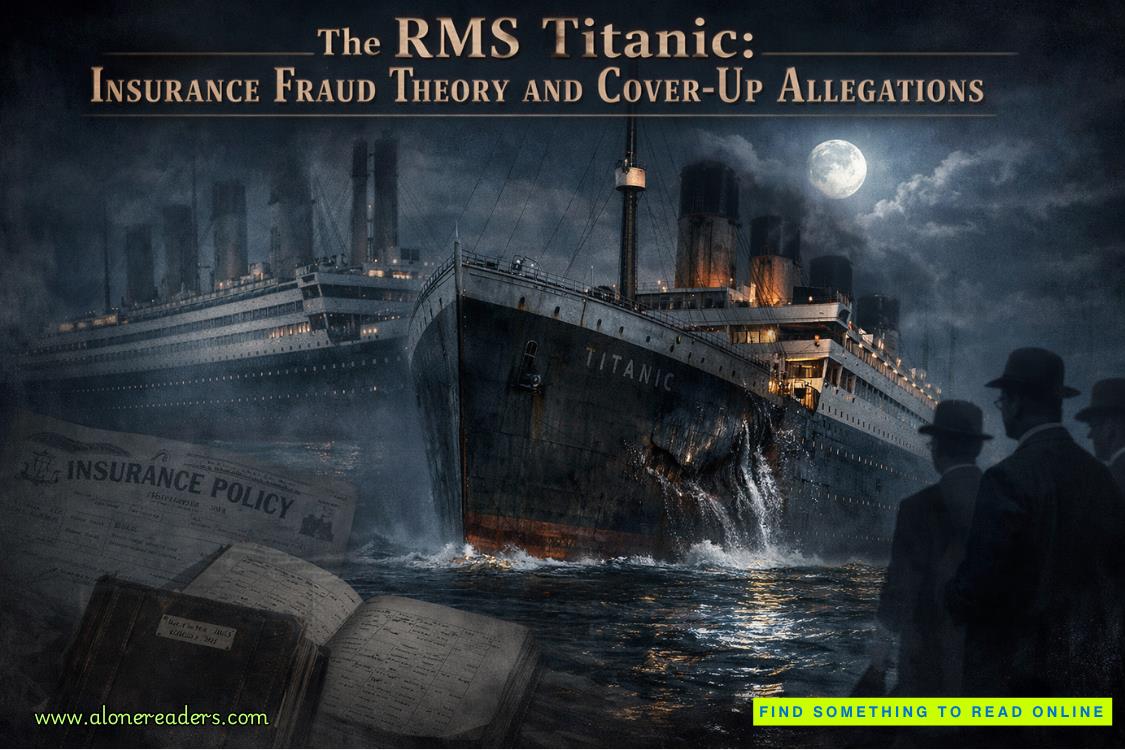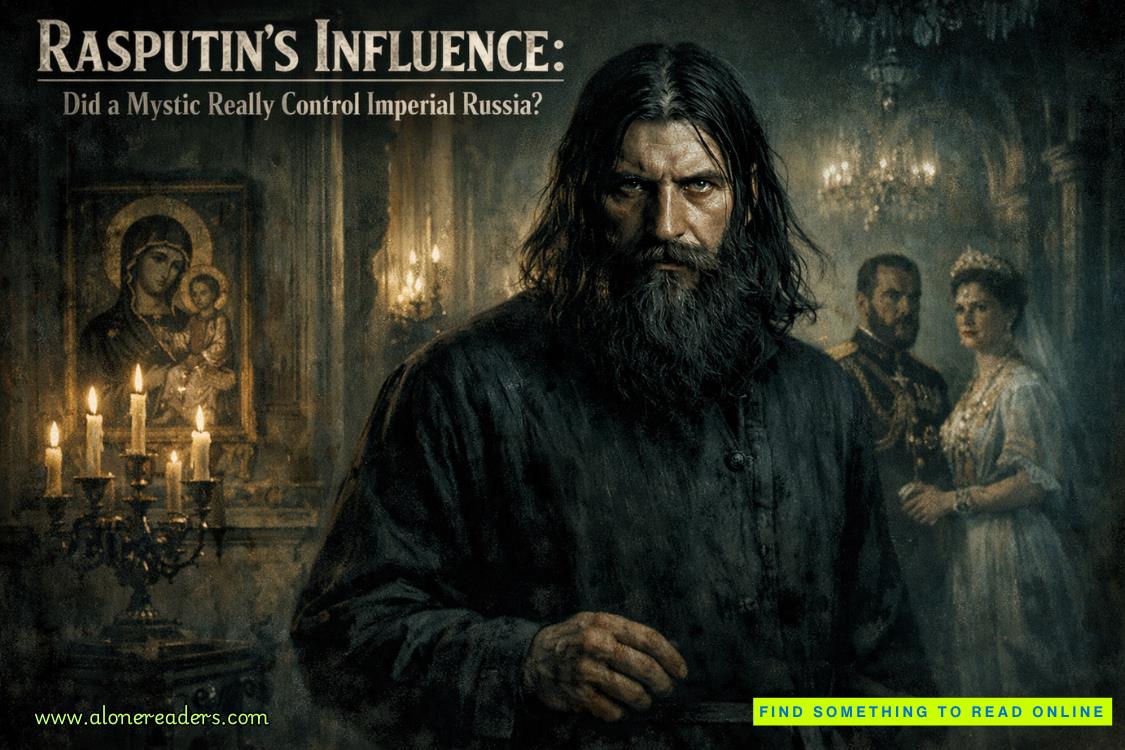“In the nave of the church, where the wounded lie.”
“And the dead?”
“At the east end of the church.”
Wynstan said: “If I may, Wilf?”
Wilf nodded.
“Thank you.” Wynstan raised his voice so that all could hear. “Today before sundown I will hold a collective service for the souls of all the dead, and I will authorize a communal grave. In this warm weather there is a danger that the corpses will cause an outbreak of disease, so I want every dead body underground before the end of tomorrow.
“Very good, my lord bishop,” said Ulfric.
Looking at the crowd, Wilf frowned and said: “There must be a thousand people here. Half the population of the town has survived. How did so many manage to escape the Vikings?”
Ulfric answered: “A boy who was up early saw them coming and ran to the monastery to warn us, and the bell was rung.”
“That was smart,” said Wilf. “Which boy?”
“Edgar, who just spoke up about Cherbourg. He is the youngest of the three sons of the boatbuilder.”
A bright lad, Wynstan thought.
Wilf said: “You did well, Edgar.”
“Thank you.”
“What are you going to do now?”
Edgar tried to look brave, but Wynstan could see he was fearful of the future. “We don’t know,” Edgar said. “My father was killed, and we’ve lost our tools and our stock of timber.”
Wigelm said impatiently: “We can’t get into discussions about individual families. We need to decide what is going to happen to this whole town.”
Wilf nodded agreement and said: “The people must try to rebuild their houses before winter comes. Wigelm, you will forgo rents due on Midsummer Day.” Rents were usually payable four times a year, on the quarter days: Midsummer, which was the twenty-fourth day of June; Michaelmas, the twenty-ninth of September; Christmas, the twenty-fifth of December; and Lady Day, the twenty-fifth of March.
Wynstan glanced at Wigelm. He looked disgruntled, but said nothing. He was stupid to be angry about this: the people had no means with which to pay their rents, so Wilf was giving away nothing.
A woman in the crowd called out: “And the Michaelmas rents, please, lord.”
Wynstan looked at her. She was a small, tough-looking woman of about forty.
“When Michaelmas comes, we’ll see how you’re getting on,” Wilf said cannily.
The same woman said: “We’ll need timber to rebuild our houses, but we can’t pay for it.”
Wilf spoke aside to Wigelm: “Who’s she?”
“Mildred, the boatbuilder’s wife,” Wigelm answered. “She’s a troublemaker.”
Wynstan was struck by a thought. “I may be able to rid you of her, brother,” he murmured.
Wilf said quietly: “She may be a troublemaker, but she’s right. Wigelm is going to have to let them have free timber.”
“Very well,” said Wigelm reluctantly. Raising his voice, he said to the crowd: “Free timber, but only for Combe townspeople, only for houses, and only until Michaelmas.”
Wilf stood up. “That’s all we can do, for now,” he said. He turned to Wigelm. “Speak to that man Maccus. Find out if he’s willing to take me to Cherbourg, and what he might want by way of payment, and how long the voyage is likely to take, and so on.”
The crowd was muttering discontentedly. They were disappointed. That was the disadvantage of power, Wynstan thought; people expected miracles. Several people surged forward to demand some kind of special treatment. The men-at-arms moved to keep order.















